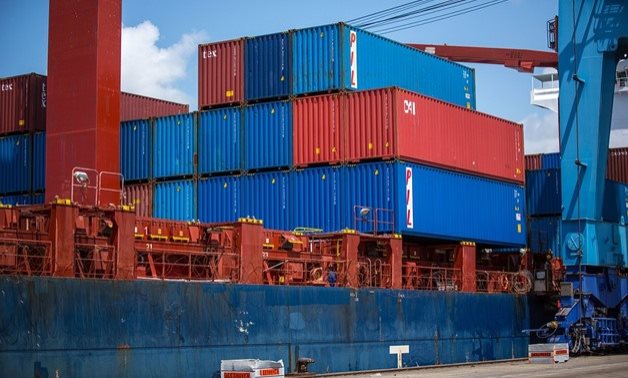
FILE - Cargo Shipping Containers Freight Industry Port - Max Pixel
CAIRO - 16 September 2024: By the year 2030, Egypt aims at having a competitive, balanced, and diversified economy, based on knowledge and innovation.
The goals, as listed by the government, is to achieve economy that is built on a just, inclusive, and participatory society; with a sustainable and diverse ecosystem.
Among the sectors that are targeted as part of this plan is the industry, and thus, the government has revealed the Egyptian Industry Strategy 2030.
Duaa Salima, the CEO of the Industrial Modernization Center, revealed that there are seven main axes for the Egyptian Industry Strategy 2030.
She also explained that all state agencies are working on these pillars to achieve the targeted results.
In the below line, et highlights these seven axes:
1 - Rationalizing the import bill from abroad.
2 - Reducing imports and providing local alternatives.
3 - Providing the needs of the local market for supplies.
4 - Encouraging Egyptian manufacturers and attracting global investors.
5 - Increasing the industrial base in order to increase exports, especially green and electronic industries
6 - Focusing on improving the technical specifications of the Egyptian industry.
7 - Operating troubled factories.
Duaa Salima indicated, in previous statements, that the strategy axes also include: immediate approval for re-operation; helping troubled factories; increasing the volume of activity and increasing production capacity; providing technical support to factories by helping them obtain international conformity certificates, and employing workers, which contributes to reducing unemployment rates.
Salima further clarified that the Industrial Modernization Center is interested in the field of food industries and providing new services to it in a way that enhances the competitiveness of products and supports their export opportunities abroad, explaining that the food industries sector "is strongly present in the national strategy for industry."
Salima also announced that the center has recently provided a number of new technical services that support quality certificates, FSSC certificates, and Sedex certificates, as well as digital transformation in food industries to enhance production lines in line with international requirements.
Comments
Leave a Comment